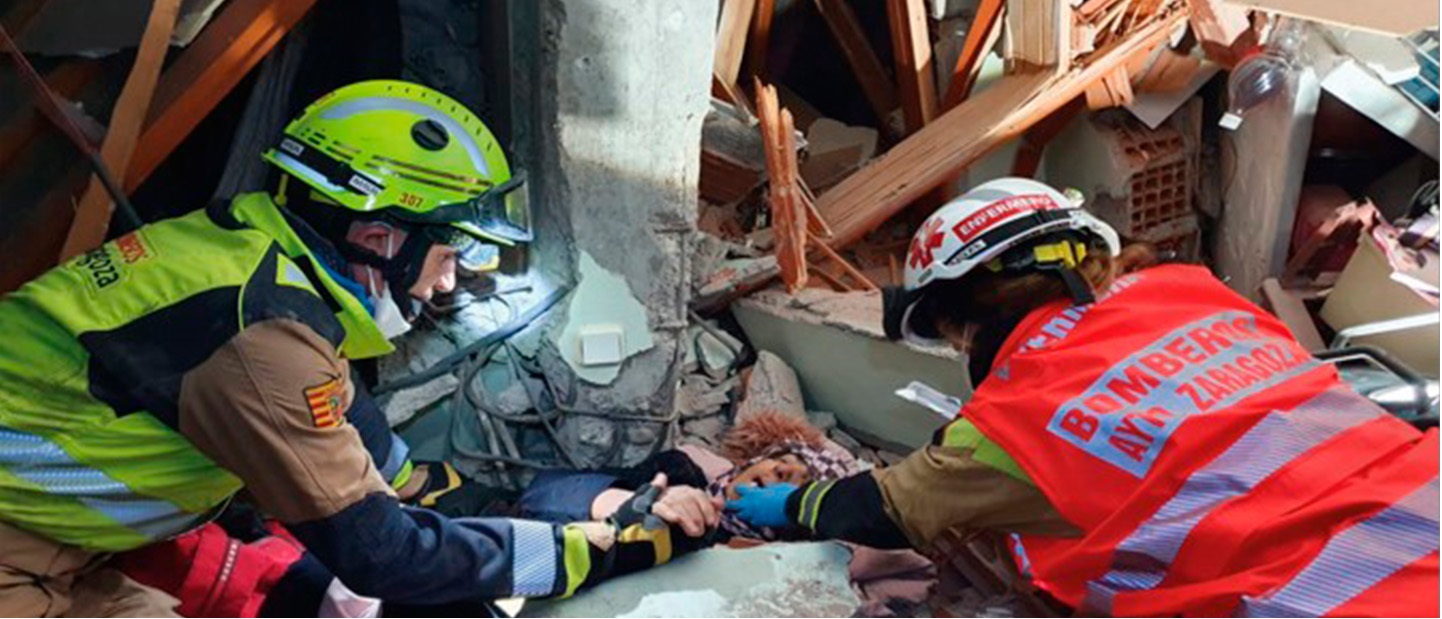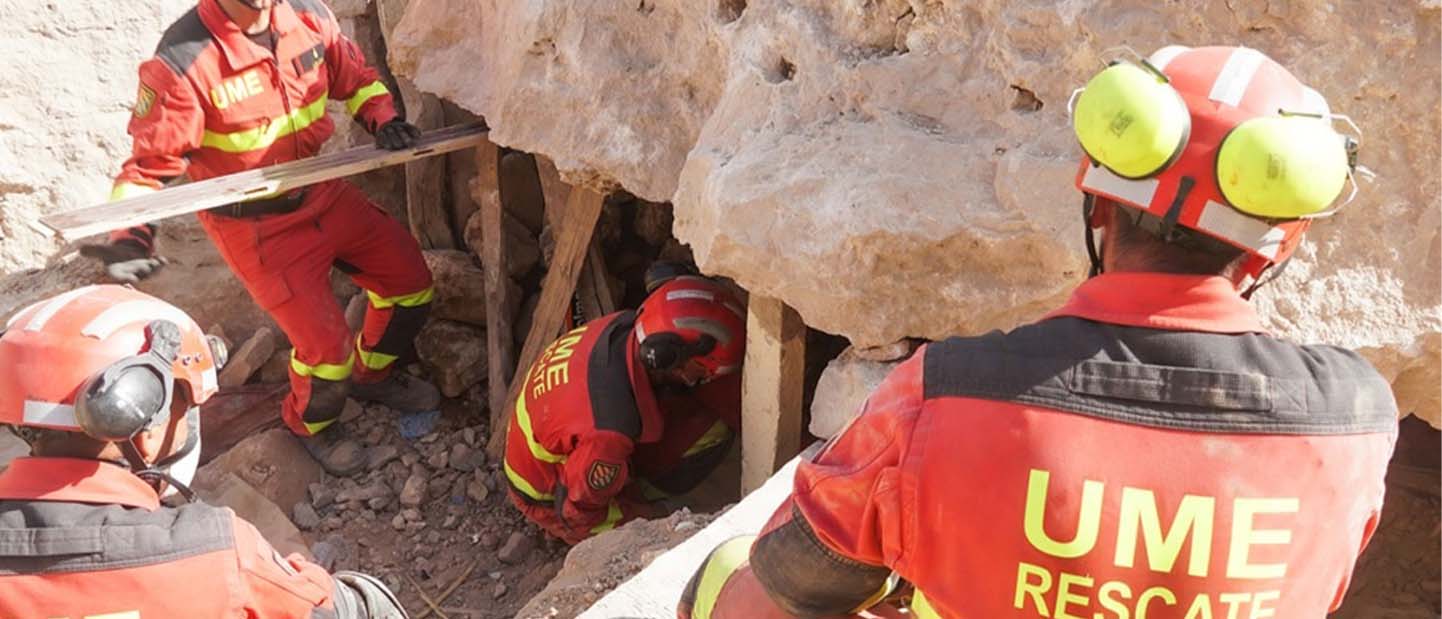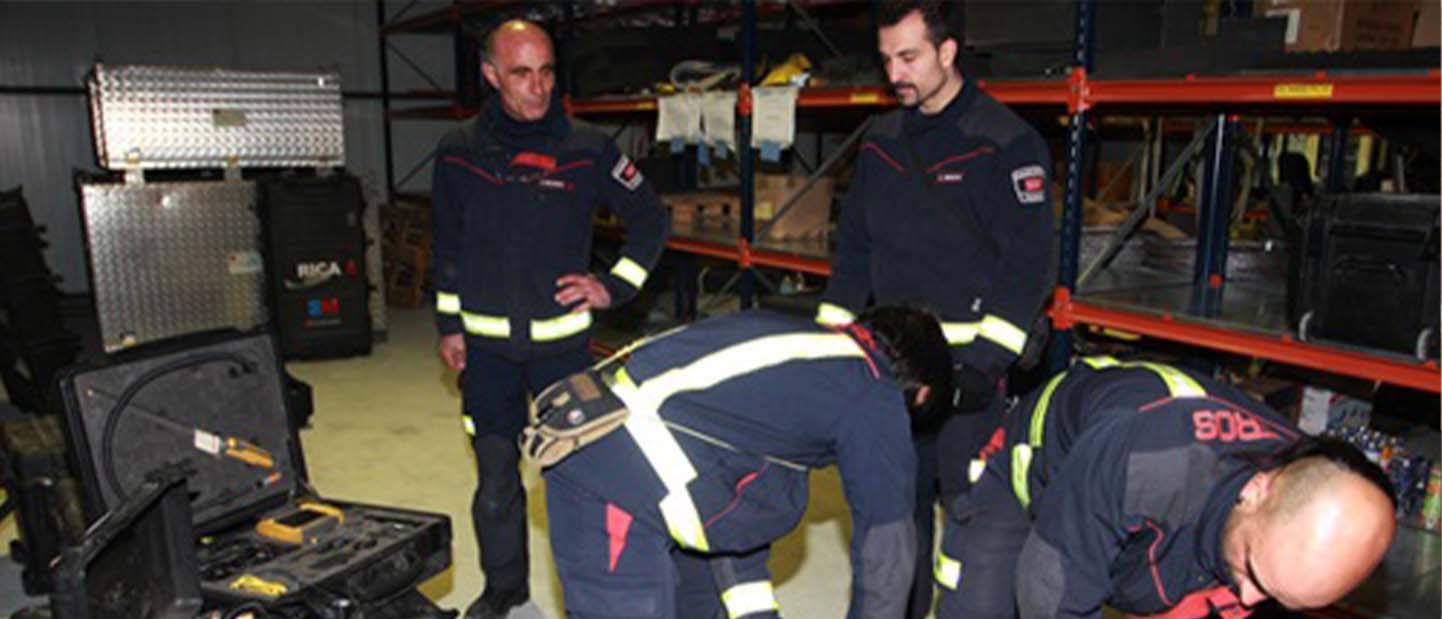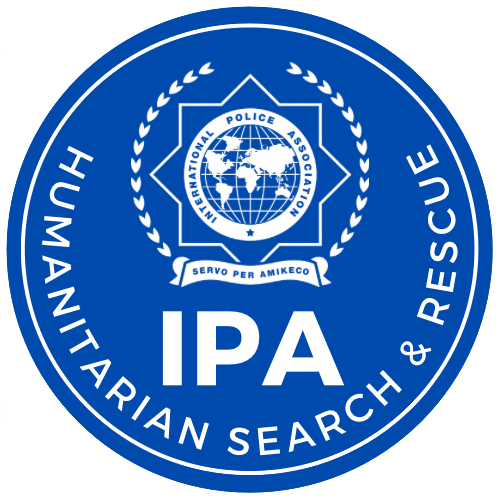Join us
Our roles
Sanitary
An earthquake rescue medic, also known as a rescue medic or emergency medical response team, plays a crucial role in disaster situations such as earthquakes. Key qualities and needs for this type of professional:
Resilience: The ability to remain calm and make quick decisions under pressure is essential. Earthquakes can be chaotic and stressful, so emotional resilience is essential.
Strong medical knowledge: A rescue medic must have strong medical training and be familiar with a variety of emergency medical situations. They must be able to perform rapid assessments and make informed treatment decisions.
Teamwork Skills: Working effectively as a team is essential in rescue situations. The medical staff must collaborate with other rescue teams, firefighters and security personnel to ensure a coordinated and effective response.
Adaptability: Conditions in an earthquake-affected area can change rapidly. The ability to adapt to changing environments and limited resources is crucial.
Communication Skills: Clear and effective communication is essential to coordinate rescue efforts and provide accurate information about patients’ status and medical needs.
Problem Solving: The ability to think creatively and solve problems in the field is vital. Unique challenges may arise in a post-earthquake environment, and the personal physician must be able to find practical solutions.

Firefighters
Technical and tactical skills: Firefighter rescuers must have advanced technical skills in rescue techniques, rope management, access to collapsed structures, and specialized knowledge in the use of tools and equipment specific to rescue operations.
Teamwork: The ability to work closely with other team members is essential. Earthquake rescue operations often require coordination between different agencies and disciplines, so communication and collaboration are critical.
Leadership Ability: In rescue situations, rescue firefighters can assume leadership roles to coordinate and direct operations. The ability to lead effectively under pressure is crucial.
Continuous training: Constant training in the latest rescue techniques and the use of new technologies is essential to stay updated and improve effectiveness in the field.

Logistics
Logistics Coordinator: A logistics coordinator is essential to oversee all logistics activities. This person must be able to efficiently plan, organize, and coordinate transportation, supply distribution, and other logistical needs.
Transportation Experts: Personnel with experience in fleet and transportation management. They must be able to coordinate the mobilization of vehicles and guarantee the availability of fuel and the necessary maintenance.
Supply Specialists: People in charge of managing and distributing the supplies necessary for medical and rescue personnel. This includes medications, medical equipment, food, water and other essential supplies.
Information Technologists (IT): IT professionals may be required to configure and maintain communication systems, manage databases, and provide technical support for electronic and technological equipment used in rescue operations.

Do you have any doubt? Contact us
Promoting community awareness through meetings dedicated to our Unity.
